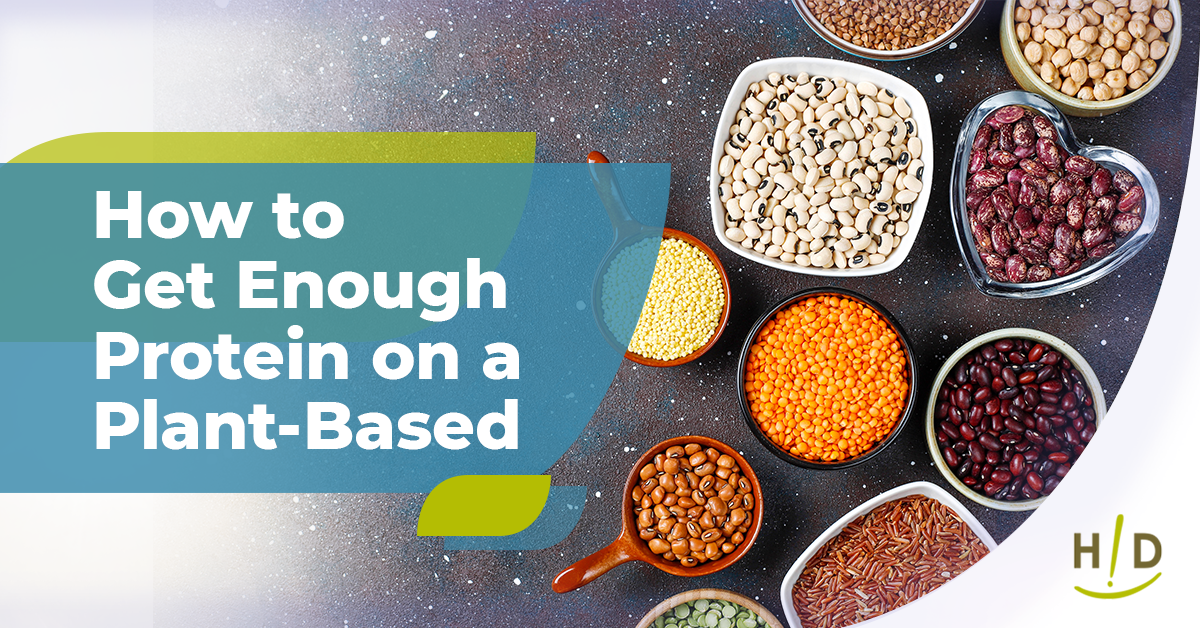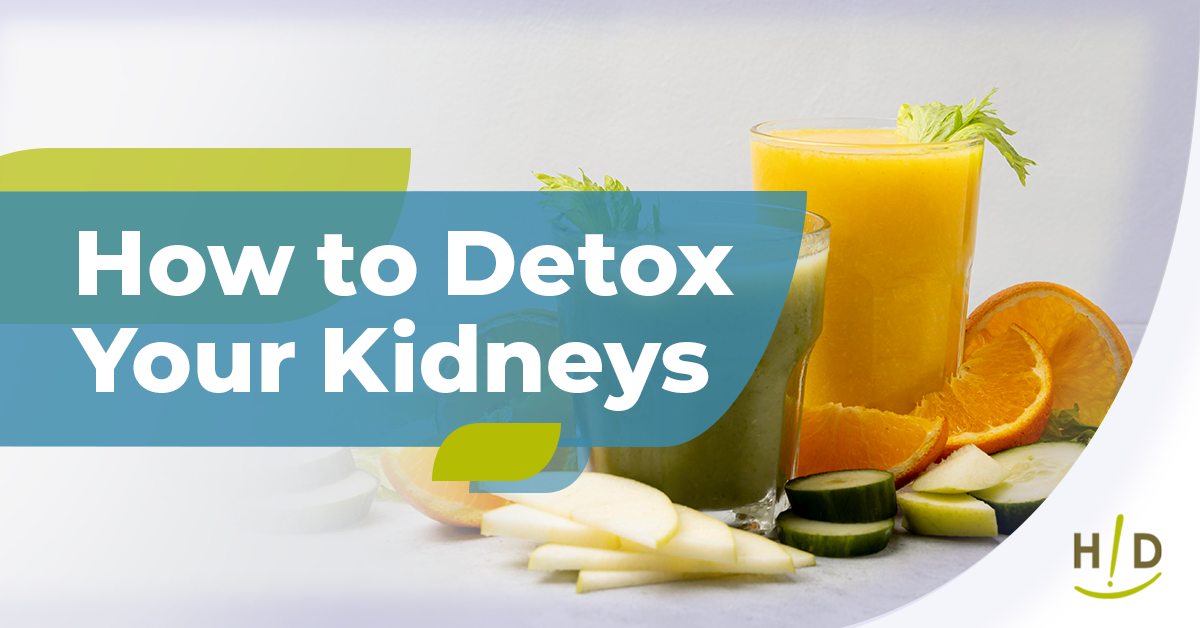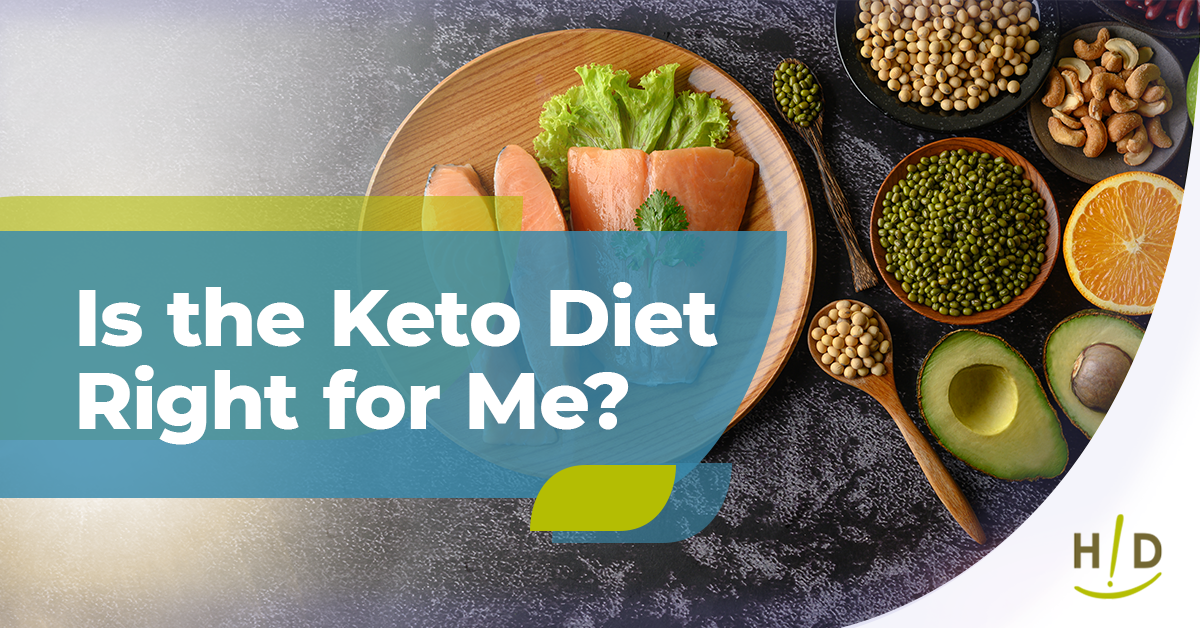For those of us following the standard American diet, which, more and more these days, is referred to as “SAD,” we are encouraged to build our meals based on either the Food Pyramid or its replacement MyPlate. For protein, both of these models emphasize meat, poultry, or fish as making up a significant portion of every meal, leading us to plan our meals starting with a chunk of protein-rich food and then surrounding it with a starch, colorful vegetables and a ladle of gravy. That’s what probably happened at meal time for most of us when growing up but it’s not actually a diet that should be encouraged. Instead, there are plenty of ways to get enough protein while sticking to a plant based diet.
How Much Protein Do We Really Need?
According to Forks Over Knives concerning protein, “a safe number to shoot for is around 8-10% of total calories. At that point, almost everyone will be getting more than what they need. Anything more than 10% will likely be excessive, and there is evidence that chronic disease rates increase at such high amounts, especially when including animal foods.” This is based on research by physiologist John Waterlow at the Centre for Human Nutrition, London School of Hygiene and Tropical Medicine. Harvard School of Public Health cites an article where the National Academy of Medicine recommends that adults consume a minimum of 0.8 grams of protein for every kilogram of body weight per day or just over 7 grams for every 20 pounds of body weight.
- For a 140-pound person, that means about 50 grams of protein each day.
- For a 200-pound person, that means about 70 grams of protein each day.
Eating a varied whole-food, plant-based diet will naturally provide approximately 10% of protein from total calories without any special effort or having to include protein from animal sources. Want to test it out for yourself? You can use one of the various online tools available, like myfitnesspal, to set daily nutrition goals and track the nutrient profile of your daily food intake. If you are consuming varied, whole plant foods, you will easily meet the protein requirement and a tool like this will help keep you on track. Not only do these online tools (with downloadable apps for your mobile devices) help you track your protein intake based on the food you consume (by name, amount, as well as per meal) but also are the carbohydrates, fat, and total calories. Also, all the major micronutrients are tracked. The software then compares these to your daily nutrition goals, making it easy to stay on track.
Don’t We Need Protein from Animal Sources?
Until recently, researchers hadn’t been sure whether plant-based protein aids your tired muscles as well as meat. However, the results of a study published in the American Journal of Clinical Nutrition states that plant protein and animal protein appear to benefit muscle health equally. This further substantiated by an article released at the International Society of Sports Nutrition Symposium, with the statement, “With a proper combination of sources, vegetable proteins may provide similar benefits as protein from animal sources.”
Best Plant-Based Protein Sources
Building off the general guidance discussed this far, here are some additional details and tips for shaping your diet with the best plant-based protein choices. Get your protein from plants when possible. Consuming legumes (beans and peas), nuts, seeds, whole grains, and other plant-based sources of protein is great for your health as well as the health of the environment. If most of your protein comes from plants, make sure that you mix up your protein sources and make sure that no “essential” components of protein are missing. Remember that the plant kingdom offers plenty of options you may have never heard of, and it’s now your chance to mix and match. Here are some examples:
- Legumes: Lentils, beans (adzuki, black, fava, chickpeas/garbanzo, kidney, lima, mung, pinto, etc.), peas (green, snow, snap, split, etc.), edamame/soybeans (and products made from soy: tofu, tempeh, etc.), and peanuts.
- Nuts and Seeds: Almonds, pistachios, cashews, walnuts, hazelnuts, pecans, hemp seeds, squash and pumpkin seeds, sunflower seeds, flax seeds, sesame seeds, chia seeds, as well as nut butters (make sure these do not have sugar or canola oil added.)
- Whole Grains: Kamut, teff, organic wheat, quinoa, rice, wild rice, millet, oats, and buckwheat,
- Other: While many vegetables and fruits contain some amount of protein, it’s generally in smaller amounts than the other plant-based foods. Some often overlooked examples with higher protein quantities include corn, broccoli, asparagus, brussels sprouts, and artichokes.
The Bottom Line
Protein is a key part of any diet. We need about 7 grams of protein every day for every 20 pounds of body weight. Because protein is found in an abundance of foods, many of which are decidedly unhealthy, it’s important to pay attention to what else is coming with it. That’s why the Healthy Eating Plate created by nutrition experts at Harvard School of Public Health encourages choosing healthy protein foods. Protein helps repair and build muscle—which is why it’s wise to focus on recovery after a hard workout with a smoothie, energy bites, or other high-protein snacks. If you swap out all animal sourced protein for an equally varied diet of plant-based proteins like nuts, seeds, and beans, you are better off. That’s because these foods are also packed full of a similar set of nutrients. The most significant difference is vitamin B12, which most plants cannot produce on their own. You can get B12 from edible seaweed and in fortified cereals, though the easiest way is through supplementation.






